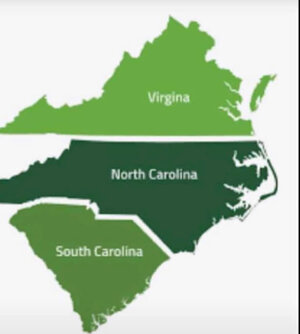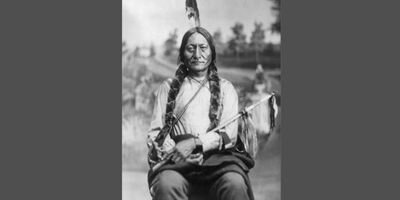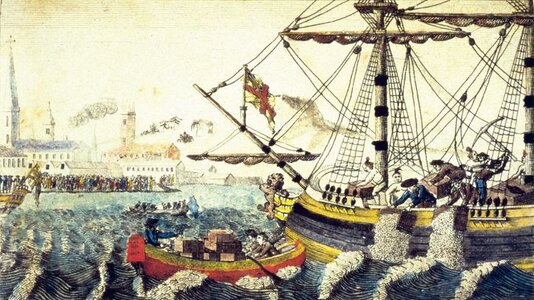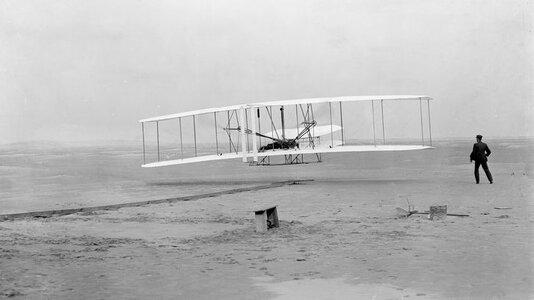
All my life I’ve heard the phrase, “A Vale of Humility” to describe North Carolina. It is a disarming description to be sure but it serves as a preface to a smack down when the finish reads, “…between two Mountains of Conceit.” What great irony to be so proud of one’s humbleness.
As I have pondered this phrase more recently and fallen down the rabbit holes researching it I’ve found that the genesis of the saying is, and believably so, attributed to the colonial period when North Carolina was noticeably poor in comparison to the plantation export producing slavocracies of Virginia and South Carolina. A number of factors made for North Carolina’s relative poverty but the One-Two Punch of The Outer Banks-Graveyard of the Atlantic geography is the place to start as it influenced just how the invasion of Europeans of the so-called Age of Exploration literally entered the state, i.e., not by ship. After all, we tell the tale of The Lost Colony to any and all who will listen and it is one of failed settlement entering by sea.
So the colonizers mostly came to North Carolina by land, up from Charleston, or even more often, down from the ports of Philadelphia, Yorktown, and Norfolk, rather than sea. Wilmington, a not-too-bad port all things considered, frankly got a late start comparatively and the export of naval stores, the Tar of our Famed Nickname, just did not draw the wealth to it that tobacco, rice, and cotton did to our neighbor colonies.
The economics of the geography does not mean that North Carolina was not without the stain of slavery as a labor system from the beginning but it did mean that the giant plantations like those of Virginia and South Carolina were rare. Not only did that influence who moved into the colony but also where they settled. I’ve mentioned Noelleen McIlveena’s book, ‘A Very Mutinous People: The Struggle for North Carolina, 1600-1713’ before - there you can find the best recounting of this time and the motivations behind those colonizers if your interest is piqued. Mutinous well describes those invaders - so too would the terms, stubborn, willful, eccentric, maverick, and unmanageable. Many were fugitives of some sort, fleeing their past in so many cases.
How we got to ‘humility’ from ‘mutinous’ is an interesting story I am sure - but about it I can only speculate. I suspect that as Virginia moved toward the much heralded Birthing of Presidents and elite white South Carolinians hunkered down into the paranoid lifestyle of a Slave Society, the worldview that itself creates the nickname of Fire-Eater, North Carolinians settled into their own place between, one in which they flipped the script and became humble about their pride in being less prescribed, pedigreed, and pretentious but infinitely more pig-headed — errr, headstrong.
This was a round-about way of getting to the #OnThisDay for December 24: #OTD in 1937 Mary Van Landingham died (b. 1852). A Charlottean whose family’s roots were deep in The Old North State, she was a strong booster of Tar Heel literature and culture. During a speech in March 1900 at The Mecklenburg Historical Society she introduced the now-(in)famous phrase referencing The Mother of Presidents to our north, and The Fire-Eaters to our south. And so it went — and goes. Of course, she didn’t coin the phrase as it had long been too obvious to far too many.
Mary Van Landingham, Long Remembered for Humility Quip
 nationaltoday.com
nationaltoday.com






